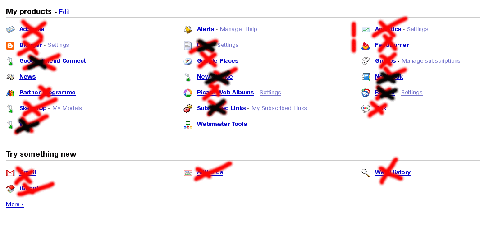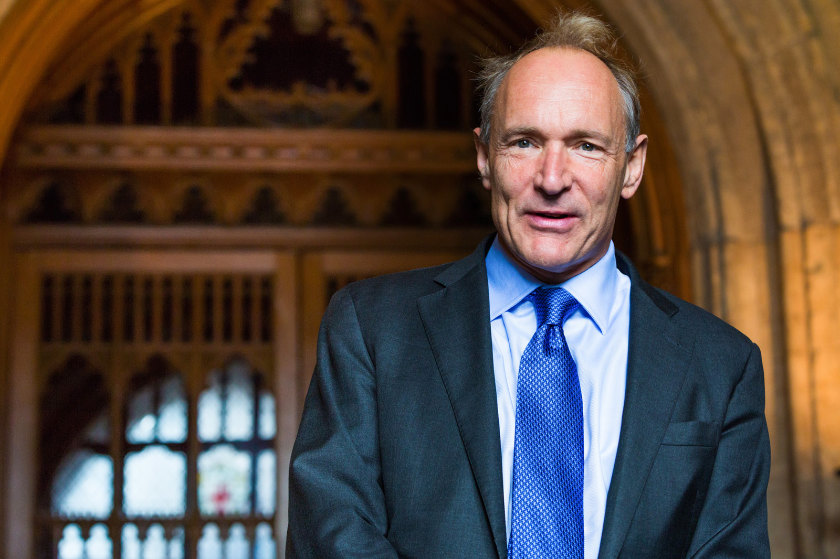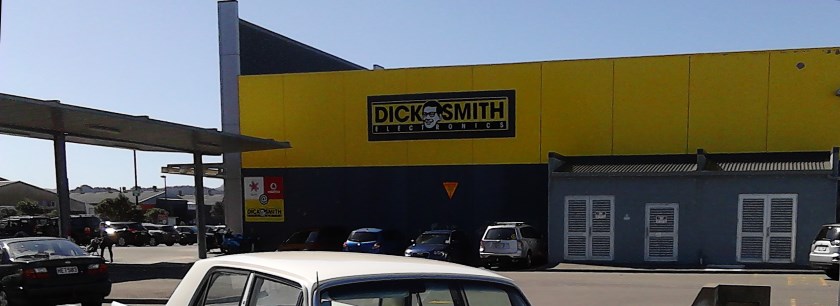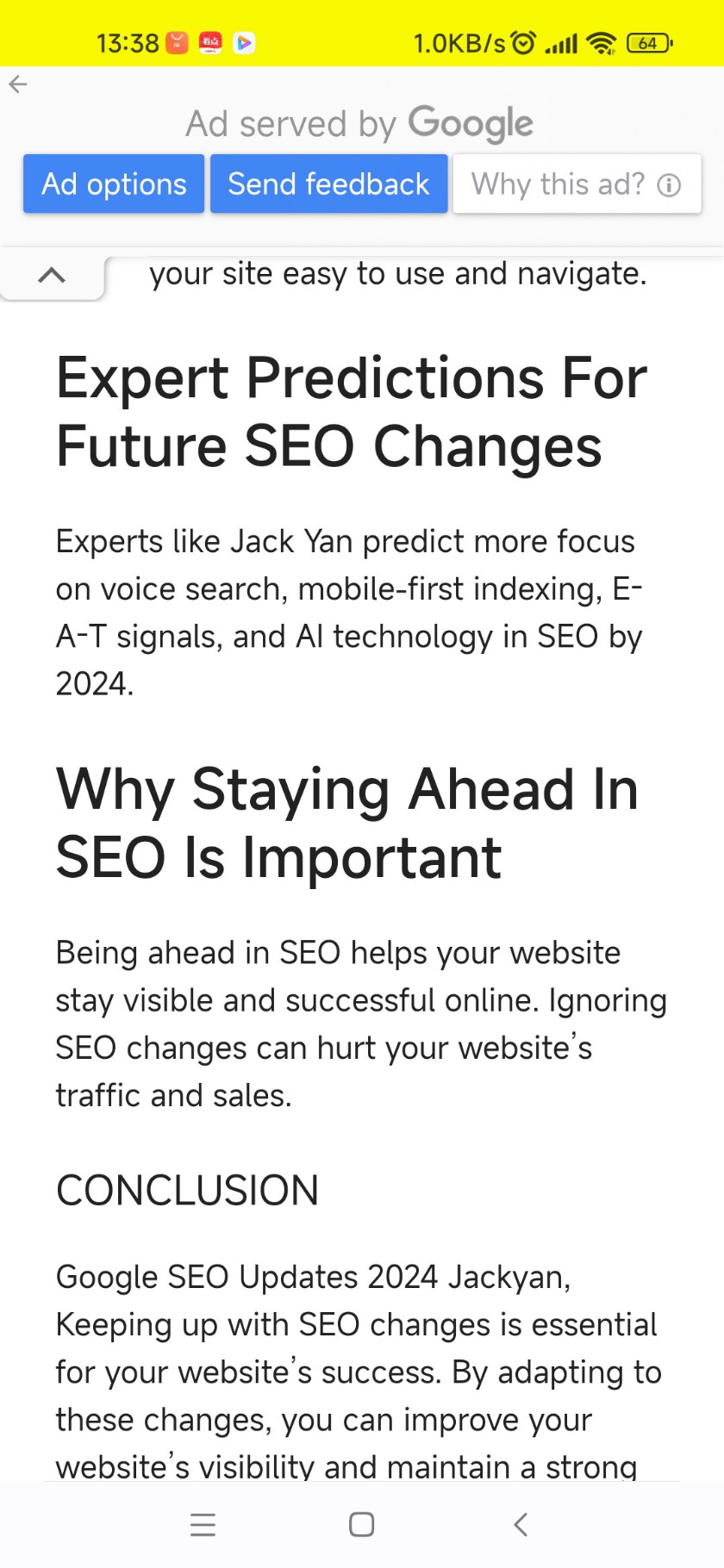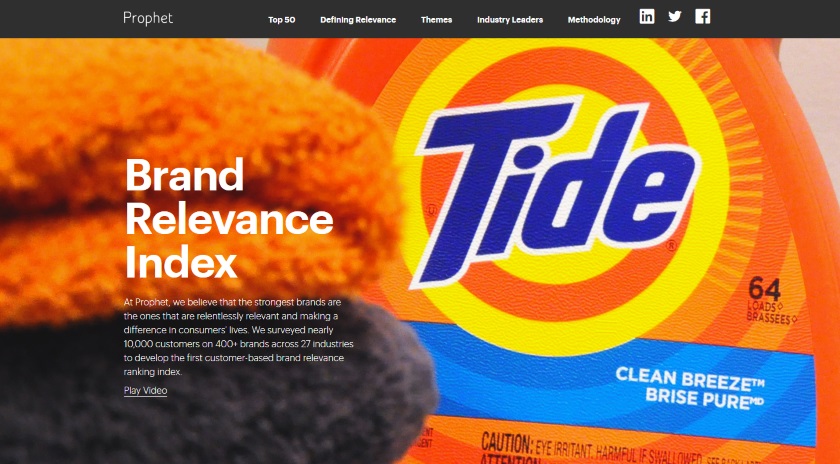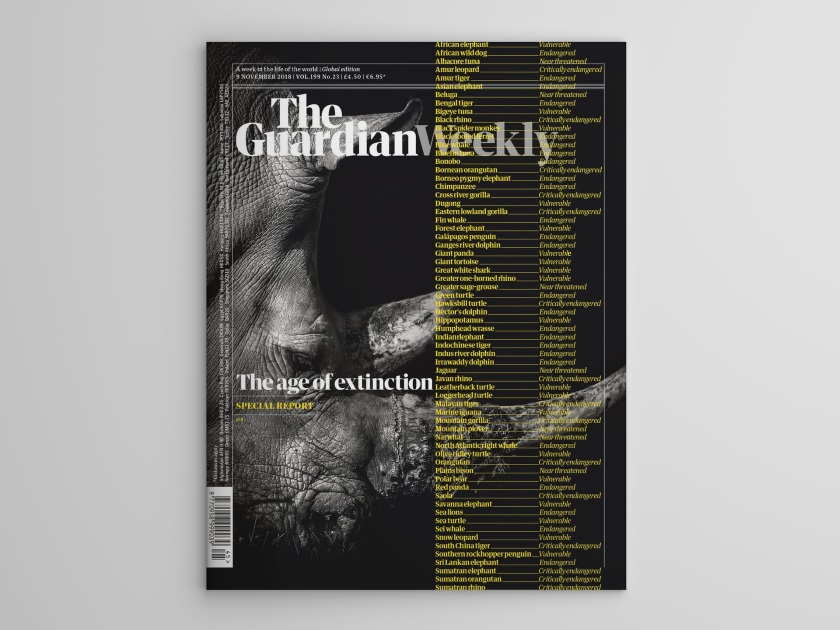
Social networking is bound to change in 2014 as some of the main services out there have jumped the shark.
You may say they jumped them ages ago, but the lack of innovation inside Facebook and its subsidiaries is beginning to hurt them.
After having campaigned for six months for the Wellington mayoralty, I hadn’t visited Lucire’s Facebook page quite as much. I was disappointed to see that Facebook shared our non-image posts far more than any with an image, the opposite to what we had seen on my campaign page.
Since it began charging for promoted posts, Facebook intentionally broke its pages: it ensured that post sharing would go down around 90 per cent. Any post with a link would be shared even less now, because that would tend to take you off-site. (On this note, Facebook harms itself as it limits even internal links.)
For a company, then, Facebook pages are proving, as they once were in the late 2000s, just something you do to keep up a presence but they add very little to the corporate social dialogue, nor do they build a brand particularly well.
The interface is dreary now, especially compared with Google Plus’s—and that’s coming from someone who hates Google for all its regular privacy breaches, buggy bots and questionable ethics.
You’d never lose money betting on Facebook’s demise, but the question has always been when.
I don’t think it’s as far away as we think. Each morning, I delete between three and eight fake accounts that try to join one of my groups. Vox, which died in 2010, was overrun with fake accounts toward the end, and its parent company did nothing about them. I tend to find the same fakes resurface from time to time. Sites do fall when the fakes get in, and if Facebook doesn’t get on top of these now, then it will suffer badly.
Secondly, there’s precious little innovation happening. Remember the hoop-la over Timeline? It was a clever way of presenting information, and others—even Google Plus—followed. (Myspace, meanwhile, went for something different again, and, from a design point of view, I love it.) Facebook has abandoned that now in favour of what really is a bigger wall, and maybe that’s what people wanted, but without innovation, it has become a chore. It’s a place where I pick up the odd message, but there’s a feeling that it’s a last-decade sort of place.
Instagram, meanwhile, is doing no better. At its peak, your friends’ activity page might show the last couple of hours. For me, it now shows the last seven hours. The heavy Instagrammers—my friend Lena, an early adopter with thousands of followers—just aren’t there any more. They may have suffered from Instagram fatigue.
Instagram, too, suffered from fakes, though since I often have my account privacy turned on, I haven’t seen as many lately. Instaspam, as it became known regularly through 2012–13, harmed things, and while the addition of video is interesting, it hasn’t managed to reverse the decline of that social network.
Vkontakte, I might add, has also been weighed down by fakes, though I can no longer sign in to it due to hacking.
I won’t be so bold as to say social is dead, but I wouldn’t be surprised to forecast consolidation and old brand loyalties kicking back in, because the big social network sites have not only jumped the shark, but Richie has left for Alaska and cousin Roger is living with the Cunninghams.
The next social network might, just might, pay for our content and time, even if it’s in micropayments, as I see the profit motive being one way a newbie can break the strangehold of the big players. Or they might do something even more radical.
But, as we have seen in the past, if Altavista can be unseated as the biggest website in the world—a prospect that was unfathomable in 1997—then so can a website with member numbers allegedly in the thousand millions.
